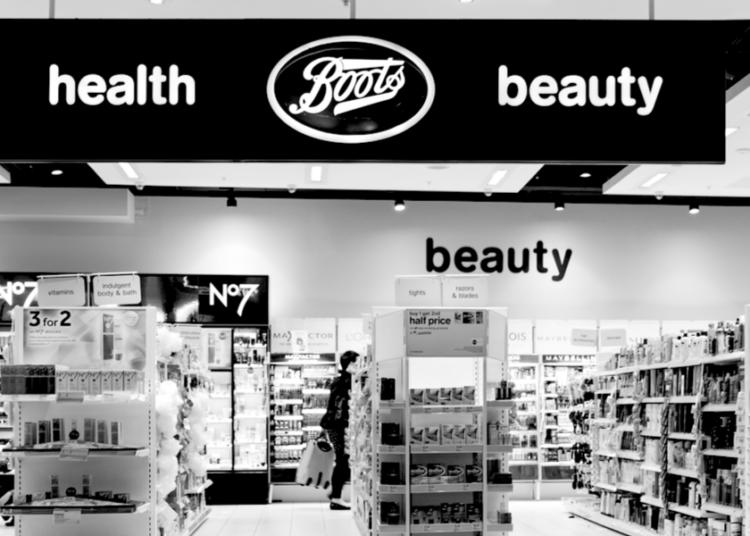TRYING to enter a Boots the other afternoon I had to wait to be buzzed in. According to a sign on the door this was because of a recent spate of aggressive behaviour towards its employees: as such, after 5pm, entry into the shop was controlled.
This was not, may I add, in some inner-city slum, but in an average retail park in an average town.
Similar trends are visible elsewhere. Petrol stations near me – though it tends to be the nicer ones with an M&S or Little Waitrose bolted on – have started employing security guards. These shops, which previously had no bouncers, have for the last few years had two on duty at any time.
Obviously this is necessary owing to a rapid increase in both scummy behaviour towards its employees and an increase in theft (or, as it is euphemistically called in retail, ‘shrink’).
It is a sad token of society’s general direction, and one borne out by statistics. Reported recently was that violence and abuse against shop workers had risen 50 per cent year-on-year, and that the total lost to shoplifting has reached an all-time high of £1.8billion. Such are the records that are broken in 21st century Britain.
What could be the cause of such a phenomenon? Why have we become a more criminal and less pleasant land?
Perhaps it is down to the collapse in respect for authority: shoplifters know that the odds of them facing any kind of reprimand for their criminal behaviour are low. The forces of law and order concentrate their energies elsewhere, with the relentlessly degrading tidal wave of petty crime a low priority despite its sapping effect on the public’s morale.
The shoplifters, too, are aware that few members of the public will intervene to stop them. Society’s bonds have frayed amid determined attempts to drive wedges of intersectionality between us: whereas people sharing a common background and belief system felt confident in enforcing their moral standards within their communities, they are now understandably reluctant to do so amid the omnipresent threat of a) violent reaction or b) being accused of any modern-day thought crime. Who can be bothered with the hassle when the forces of authority are so uncertain to take your – the law-abiding citizen’s – side?
Such trends are a prime illustration of why diversity is not our strength. Quite the opposite: it means that society has no sound basis from which to function. Fragmentation is the proper term for what has happened to our country in recent decades; ‘diversity’ is its dishonest, ideological moniker.
Britain was once a polite society, famed for its citizens’ constant apologising and queueing. Such features are possible only amid a cohesive and high-trust environment. That average shops in average towns now must put up with relentless anti-social behaviour and theft is a sign that such niceties are going the way of the dodo.
We have become a society that indulges poor behaviour and forever comes up with exogenous excuses for vile deeds instead of holding individuals accountable for their actions.
Having a government that took law and order seriously would be a good starting point in reversing some of this rot. Yet at the moment there is little prospect of such common sense on the horizon. People deserve the government they get, and there are too few living on these isles who care sufficiently. However, the signs of degradation grow more numerous by the day, lifting the scales from everybody’s eyes, albeit slowly.
This article appeared on Frederick’s Newsletter on February 15, 2024, and is republished by kind permission.

